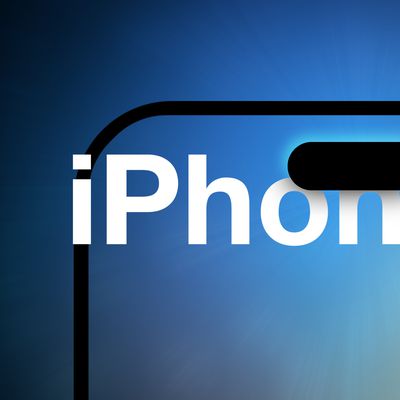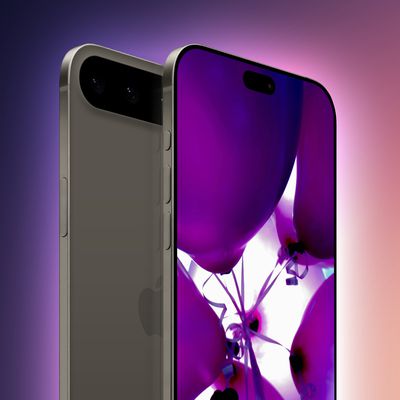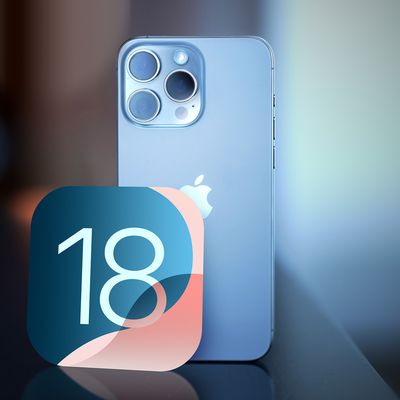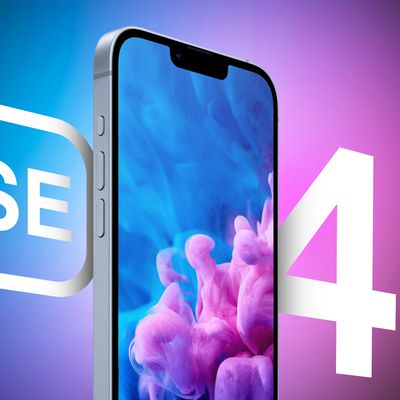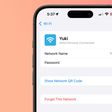WhatsApp has revealed how it will handle users who do not accept the platform's widely discussed privacy policy changes, which include increased data sharing with parent company Facebook, due to come into effect next month.
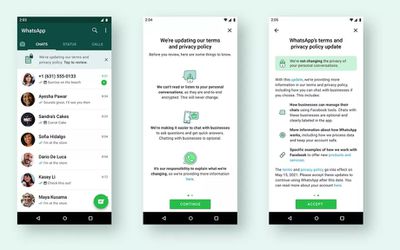
In the weeks leading up to May, WhatsApp will begin to roll out a small, in-app banner to users who have rejected its updated privacy policy. Tapping the banner will display a more detailed summary of the changes, including specifics about how WhatsApp works with Facebook.
According to an email seen by TechCrunch to one of its merchant partners, WhatsApp said it will "slowly ask" users who have not yet accepted its policy changes to comply with the new terms, "in order to have full functionality of WhatsApp," starting May 15.
If they still don't accept the terms, "for a short time, these users will be able to receive calls and notifications, but will not be able to read or send messages from the app," the company added in the note.
WhatsApp has since confirmed that the email accurately represents its plan and the specified "short time" will span a few weeks. Users who choose to not accept the new policy will see the features available to their account significantly limited. WhatsApp's policy for inactive users also states that accounts are "generally deleted after 120 days of inactivity."
WhatsApp first announced its new usage terms in January, and the changes at the time were interpreted by some users to mean that the platform would share their personal messages with Facebook.
In fact, private messages between individuals will remain encrypted end-to-end, so that they can only be accessed by those in the conversation. Messages sent to businesses, on the other hand, will be liable to be used for commercial purposes such as ad targeting on Facebook.
The perception of WhatsApp's changes caused a backlash among users of the Facebook-owned platform, causing an exodus to rival messaging apps like Telegram and Signal, which were quick to exploit the situation by tempting users with new features and the ability to import chats from WhatsApp.




